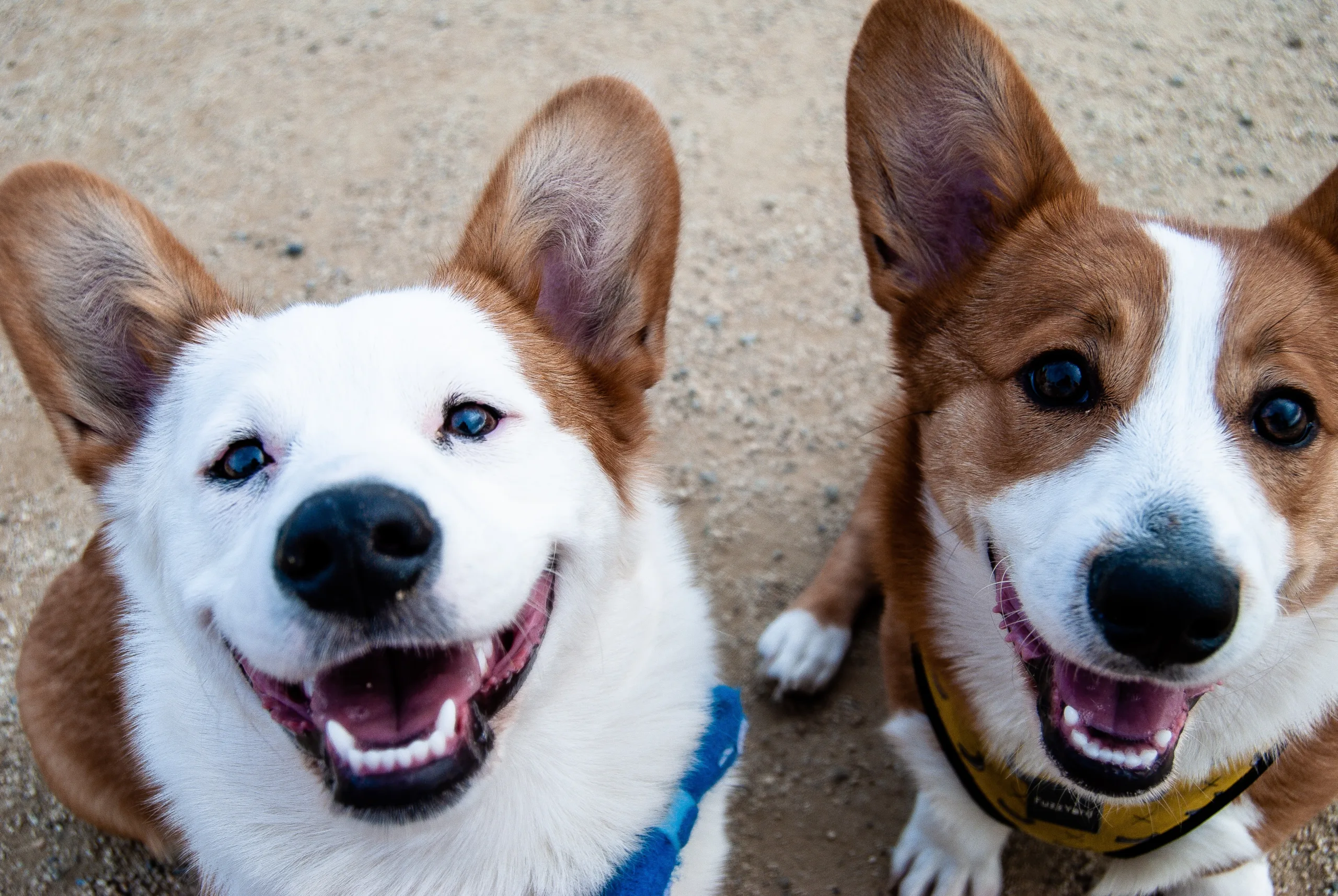As a dog owner, you may have observed your furry companion chattering their teeth at times, leaving you wondering about the reasons behind this peculiar behavior. Teeth chattering in dogs is a fascinating but often misunderstood phenomenon that can have various underlying causes. In this comprehensive guide, we will explore the possible reasons why dogs chatter their teeth, whether it is bad for them, potential health implications, and how to address this behavior in a caring and responsible manner. Let’s delve into the world of canine teeth chattering!
For more about dogs click here
What Is Teeth Chattering in Dogs?
Teeth chattering, also known as jaw chattering or teeth grinding, refers to the rapid and rhythmic movement of a dog’s lower jaw that produces a distinctive clicking sound. This behavior can be observed in dogs of all breeds and sizes and may occur in various situations or contexts. While it can be a normal response in some cases, teeth chattering can also signal underlying health issues or emotional states that require attention.
Possible Reasons for Dogs Chattering Their Teeth
- Excitement or Anticipation: Dogs may chatter their teeth when they are excited or anticipating something enjoyable, such as mealtime, playtime, or the arrival of their favorite person.
- Anxiety or Stress: Like humans, dogs may exhibit teeth chattering as a response to anxiety or stress. It can occur in situations that cause discomfort or fear, such as vet visits, car rides, or thunderstorms.
- Temperature Sensitivity: Dogs may chatter their teeth in response to extreme temperatures. This can happen when they are cold, as a way to generate body heat, or when they are hot and trying to cool down.
- Physical Discomfort: Dental issues, jaw pain, or other physical discomforts can also lead to teeth chattering in dogs. They may grind their teeth to alleviate discomfort or as a response to pain.
- Behavioral Habit: Some dogs may develop teeth chattering as a behavioral habit. It could be a self-soothing behavior or a way to cope with certain situations.
- Medical Conditions: In some cases, teeth chattering can be a symptom of medical conditions such as seizures, oral pain, neurological issues, or neuromuscular disorders. If teeth chattering is persistent or accompanied by other concerning symptoms, consult a veterinarian.
Is Teeth Chattering Bad for Dogs?
In most cases, teeth chattering itself is not harmful to dogs. It is often a harmless expression of their emotions or physical responses to various stimuli. However, teeth chattering that results from underlying health issues or prolonged stress and anxiety can have negative implications for their well-being. It is essential to identify the cause of teeth chattering to determine if any action is necessary.
Dental Health and Teeth Chattering
A dental health plays a vital role in a dog’s overall well-being. Dental problems such as tooth decay, gum disease, or a misaligned bite can cause discomfort and potentially lead to teeth chattering as a coping mechanism. Regular dental check-ups and proper oral hygiene can help prevent dental issues. And alleviate any discomfort that may be contributing to teeth chattering.
FAQs
- Is teeth chattering bad for dogs?
In most cases, teeth chattering itself is not harmful to dogs. It is often a harmless expression of their emotions or physical responses to stimuli. However, teeth chattering resulting from underlying health issues or prolonged stress and anxiety may have negative implications. - Why do dogs chatter their lower jaw?
Dogs chatter their lower jaw as a way to express excitement, anticipation, anxiety, or discomfort. It can also occur in response to extreme temperatures or as a behavioral habit. - What is chattering teeth a symptom of?
Teeth chattering in dogs can be a symptom of various factors, including excitement, anxiety, temperature sensitivity, physical discomfort, behavioral habits, or underlying medical conditions. - How do I stop my dog from chattering his jaw?
If teeth chattering is caused by anxiety or stress, identifying and addressing the source of the stress can help reduce the behavior. If it is due to physical discomfort or health issues, a veterinarian should be consulted for proper diagnosis and treatment.
Addressing Teeth Chattering in Dogs
If you observe your dog chattering their teeth occasionally and it seems to be a normal response to specific situations, there may not be a need for intervention. However, if teeth chattering becomes frequent or is accompanied by other concerning symptoms, consider the following steps:
- Observe and Identify Triggers: Pay attention to the situations or stimuli that trigger teeth chattering in your dog. Understanding the triggers can help you address the root cause.
- Create a Calming Environment:
If teeth chattering is linked to anxiety or stress, create a calm and comforting environment for your dog. Provide a safe space with familiar items and routines. - Regular Veterinary Check-ups:
Regular visits to the veterinarian are essential to monitor your dog’s overall health and address any potential medical conditions. - Professional Training:
If teeth chattering is a behavioral habit, seeking the help of a professional dog trainer or behaviorist may be beneficial. - Proper Dental Care:
Maintain proper dental hygiene for your dog, including regular brushing and dental check-ups to prevent oral issues that may contribute to teeth chattering. - Provide Distractions:
In situations where excitement or anticipation leads to teeth chattering, providing distractions or engaging in calming activities can redirect their focus.
Conclusion
Teeth chattering in dogs can be a fascinating behavior with various possible causes. While it is often harmless and a natural expression of their emotions or physical responses, it is essential to pay attention to any changes in frequency or accompanying symptoms. Identifying the underlying reasons for teeth chattering can help ensure your dog’s well-being and provide them with the care and support they need.
Click here for more
